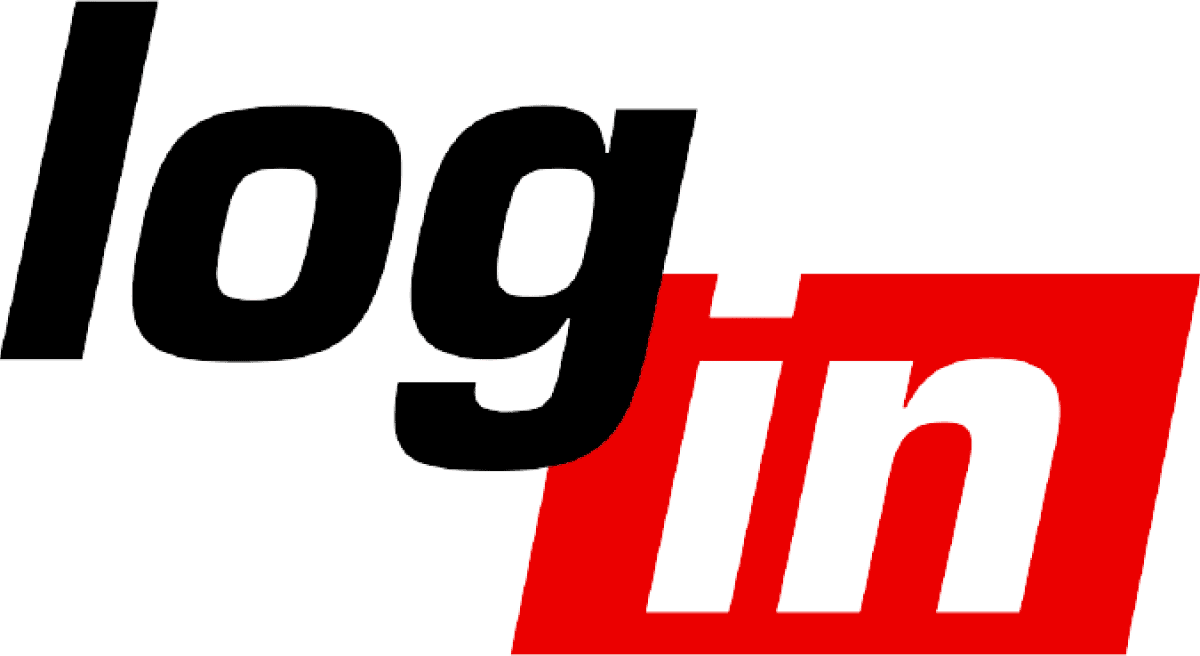Certified secure eSigning
Secure and protect your documents
Certifaction’s unique Zero-Document-Knowledge approach ensures the protection of your document content. Your documents are processed and encrypted locally, so they are illegible – even for Certifaction. This way, your documents are protected even in the case of a breach or hack.
ISO 27001:2017 certified solution
Certified secure Information Security Management System
Zero-Document-Knowledge
Your documents are only visible to you and never leave your IT environment.
Hosted on highly-available servers
Create trust with an eSigning tool with always available data centers.
Focus on your business
Sign your contracts without worrying about privacy and security
Certifaction aims to improve your business and support you with its digitalization. Without compromising on data security or availability.
Flip the cards to see how Certifaction improves your business
See how Certifaction improves your business
Risky and easy to falsify
Print documents may disappear or brake. Wet signatures can be forged.
Secure and encrypted
Protect your sensitive data and documents from ill-willed individuals.
Time-consuming
The posting of documents causes waiting times and puts business on hold.
Intuitive and reliable
Ensure a stable and available tool that you can leverage for your business.
Analog and expensive
Paper, printing, and posting cause costs. The process is long and slow.
Digital and economic
Speed up your business: Reduce process steps and costs with digitization.
Important quality measures
Security features
ISO 27001 certification by TÜV SÜD
- Certification has the ISO 27001:2017 certification by TÜV SÜD. It is the highest information security certificate and the international norm for information security management systems.
Documents are always encrypted
- Documents are kept private on the user’s side and remain securely encrypted in transit and at rest.
Role and Permission System
- We use a granular role and permission system to stick to the least privilege principle, a highly recommended practice.
Identity check for the EEA
- Our identity checks meet the strict rules of AES & QES standards in Europe and Switzerland.
Regular audits
- We perform regular internal pentest on our application to make sure we meet the highest security standards. We also carry out an external security assessment at least once a year.
Hosted on highly available ISO 27001 data centers
- Our robust, always-available data centers also meet the high safety standards of ISO 27001.
End-to-end encryption
- The documents are encrypted on the client side with a password and are illegible while in transit. You send the password to the receiver via an alternative communication method. Only the person with that password can see the document.
Full Document Audit Trail
-
We keep a complete, unchangeable record of all changes made throughout the document lifecycle.
Legally valid signature
-
The tool provides legally valid signatures covering all eSignature standards (SES, AES, PES, QES).
Disaster Recovery
-
- Our solution has regular data backups that are tested throughout the year following our Disaster Recovery Plan. Furthermore, the server infrastructure is distributed strategically across multiple availability zones to increase system resilience.
Document content is not accesible and illegible
- Zero-Document-Knowledge: Documents needing signatures are handled right on your device and never leave your IT system. Absolutely no one, including Certifaction, can access your documents.
Two-Factor Authentication (2FA)
- Our solution uses Two Factor Authentication (2FA) to make accounts extra safe. 2FA reduces the probability of someone stealing your password significantly.
Document Lifecycle Management
-
You can manage the lifecycle of a document, including extending agreement times, pulling back permissions, and other main steps to ensure document control.
Regulatory compliance
-
From GDPR, New Federal Act on Data Protection (nFADP), to ZertES and eIDAS – our solution complies with most regulatory standards in Europe (incl. UETA, ESIGN).
Made in Switzerland
-
Our solution was designed and built nearly entirely in Switzerland.
Technical white paper
Download “Privacy-First eSigning with Zero-Document-Knowledge” and discover:
E2E encryption with password protection
Secure transmission of data and documents
Explanation of integration into existing systems
eSigning made easy
Technical whitepaper
The Certifaction privacy-first eSignature
All the security you need
Navigate European privacy standards with a versatile and compliant eSigning-solution
Put your mind at ease with Certifaction, compliant with European regulatory standards, and offers legally valid and data protection law-compliant eSigning.
Provided eSigning Standards and identity checks
SES
AES
QES
Customization & Integration
Languages
German
English
French
Italian
Languages
German
English
French
Italian










